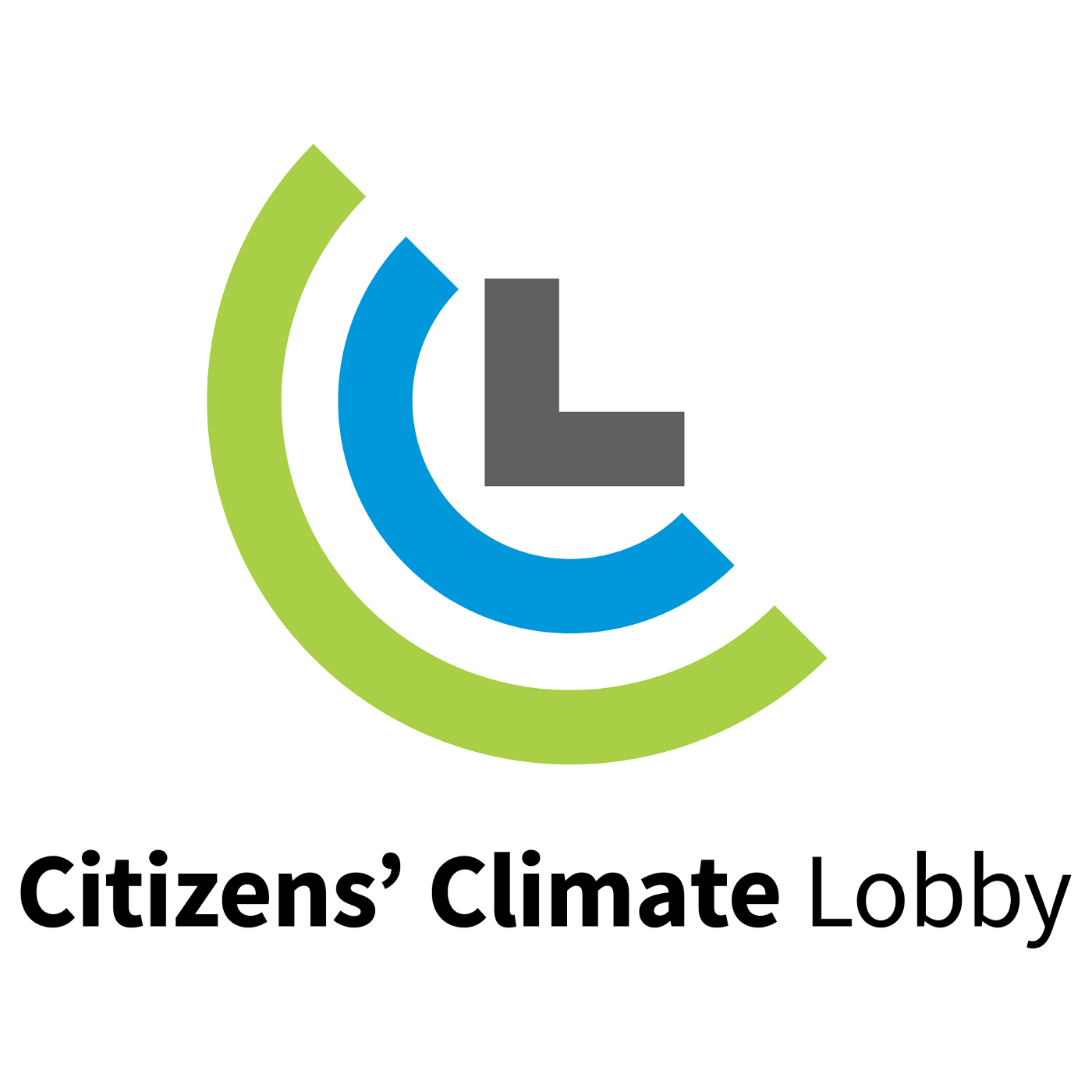Episodes

Friday Apr 28, 2023
The Not-So-Cool Effects of Air Conditioning on Climate Change
Friday Apr 28, 2023
Friday Apr 28, 2023
In this month’s episode of Citizens’ Climate Radio, Eric Dean Wilson fills us in on the not-so-cool history of air conditioning and its complicated relationship to climate change. He is the author of After Cooling: On Freon, Global Warming, and the Terrible Cost of Comfort. Lila Powell and Ruth Abraham join Peterson Toscano in hosting this deep dive into air conditioning’s past, present, and future.
(For complete show notes and transcript visit our show page)
Eric walks us through the creation and history of AC. Despite what all of us at CCR thought, AC was not first used for human comfort or health. Eric says, it was about money. From movie theaters to segregation to a mad scientist, the history of AC covers it all. Join us to learn about how AC got its start in the world of finance and how racism keeps exposing some people in American cities to more heat than others.
Air conditioning contributes directly to the warming of the planet, and its impact is nothing if not ironic. AC typically runs on electricity that’s generated by fossil fuels and the more AC units run, the more greenhouse gas emissions increase! Despite these climate effects, the US tends to hold AC up as the only option for staying cool, which Eric Dean Wilson refers to as the “cost of comfort”.
Eric says, “The United States is in the habit of criticizing those nations who were asking for the same comforts that we have, even though we're not doing hardly anything”
So, what can we do? Eric helps us see a future that does not rely on air conditioning for our comfort. Much like Sean Dague did in Episode 80: Unleashing Our Imaginations for Climate Change Solutions! Tune in and you will hear Peterson and Ruth’s suggestions for some Meaningful Next Steps.
“One of the things I call for in the book is rather than focusing on individual comfort and individual survival, to really try to rethink our notion of comfort, and think about collective comfort and collective survival, community survival.” - Eric Dean Wilson
Eric Dean Wilson’s essays, poems, and criticism have appeared in Time, Esquire, the Baffler, the Los Angeles Review of Books, and Tin House, among other publications. A graduate of The New School’s MFA program in creative writing, Wilson has just defended his doctoral dissertation in the English program at The Graduate Center, CUNY, which focuses on the tension between the personal and the planetal in ecological essays. In the fall, he'll join the faculty at Wagner College on Staten Island as Assistant Professor of Creative Writing and American Literature. Originally from Memphis, Tennessee, he now lives in Flatbush, Brooklyn.
Take a Meaningful Next Step
Each month we will suggest meaningful, achievable, and measurable next steps for you to consider. We recognize that action is an antidote to despair. If you are struggling with what you can do, consider one of the following next steps.
Ruth Abraham’s suggestion:
Shade helps cool the air without having to use air conditioning. Manifest the power of shade by making your space green! You can get houseplants that release extra moisture into your rooms. Some species include spider plants, jade, Boston ferns, and peace lilies. The plants help clean the air as well as cool things down. To take things a step further: If you have a yard or green space on the sidewalk, see about planting a tree that provides cooling shade, you may need to connect with your municipality, if that green space is part of a sidewalk. Get your neighborhood involved if need be. It's these collective small steps that bring us closer to climate solutions!
Peterson Toscano’s suggestion:
Consider a large building where you spend lots of time. It might be your school or where you work, shop or workout. In the summer these spaces can have the air conditioning pumping so high it feels good when you come in from the heat, but after 20 minutes, people start freezing. This uses a lot of unnecessary energy. How about you begin a campaign to have the building operators increase the temperature by one or two degrees? In other words, lower the intensity of the air conditioning. Do a little research about who makes these decisions. Find out who else shares your concern, maybe even figure out a cost analysis of how the building operators will save money by decreasing the amount of AC in the summer. Then use your volunteer lobbying skills to advocate for this change.
Dig Deeper
- Eric Dean Wilson finds the work of US environmental historian William Cronon inspiring—and a much needed warning against romanticizing "nature." His 1995 essay "The Trouble with Wilderness" has only grown more relevant since its publication. His website is a generous collection of notes and resources from courses he's taught.
- Other suggestions from Eric:
- Alex Johnson's "How to Queer Ecology: One Goose at a Time"
- My favorite eco-feminist philosopher is the late Val Plumwood, who was once nearly killed by a crocodile. I would recommend checking out from the library her book Environmental Culture: The Ecological Crisis of Reason
- I firmly believe part of our deeply entrenched dilemma is that we're stuck in a classically liberal sense of ourselves that's driving the ecological crisis. I don't think the liberal politics of the Democratic party come even close to helping us imagine a way through this. Americans in particular are obsessed with work, and academic Cara New Daggett has been critiquing this contemporary liberal economic and political framework through a deep historical and cultural dive of energy in The Birth of Energy. I find the conclusion one of the most inspiring texts I've read recently.
- Marxist geographer Matthew T. Huber's new book Climate Change as Class War as well as his earlier book Lifeblood: Oil, Freedom, and the Forces of Capital help to ground an activist agenda in material terms.
- The work of Olúfẹ́mi O. Táíwò is absolutely essential, particularly his argument that we need a climate reparations. He's also an excellent follow on Twitter.
- Also: Check out these houseplants to combat dry air in your home
- Interested in a self-sustainable home? Check out Earthships!
- Learn more about how you can promote healthy forest for a healthy climate.
In this episode, we premiere a new section in our podcast- The Nerd Corner! Citizen Climates Research Coordinator, Dana Nuccitelli, fills us in on the environmental impacts of renewable energy. Dana highlights climate research (and makes it understandable) for fellow nerds and the nerd curious! Check out Dana’s recent post about The little-known physical and mental health benefits of urban trees.
Good News
CCR’s very own intern, Ruth Abraham, shares her experience attending the CCL Southeast Regional Conference. The conference took place at the Kendeda Building for Innovative Sustainable Design on Georgia Tech’s campus. It was the 28th building to receive a Living Building Certification. She heard from various climate continuous figures such as Georgia Senator, Raphael Warnock, and Atlanta’s Chief Sustainability Officer, Candra Farley. Ruth even joined a book club!
If you couldn't make it to CCL’s Southeast Regional Conference, don’t worry! The Citizens Climate International Conference and Lobby Day will be held June 10-13 in Washington, DC.
Podbean Photo by Dziana Hasanbekava


No comments yet. Be the first to say something!